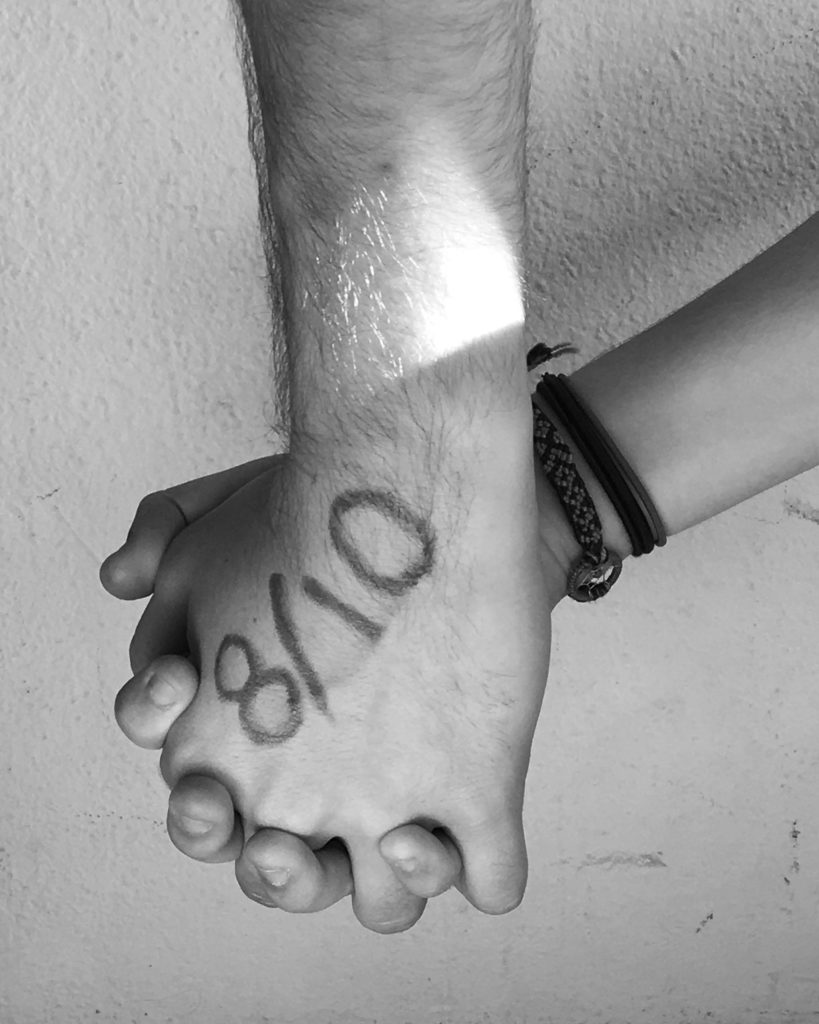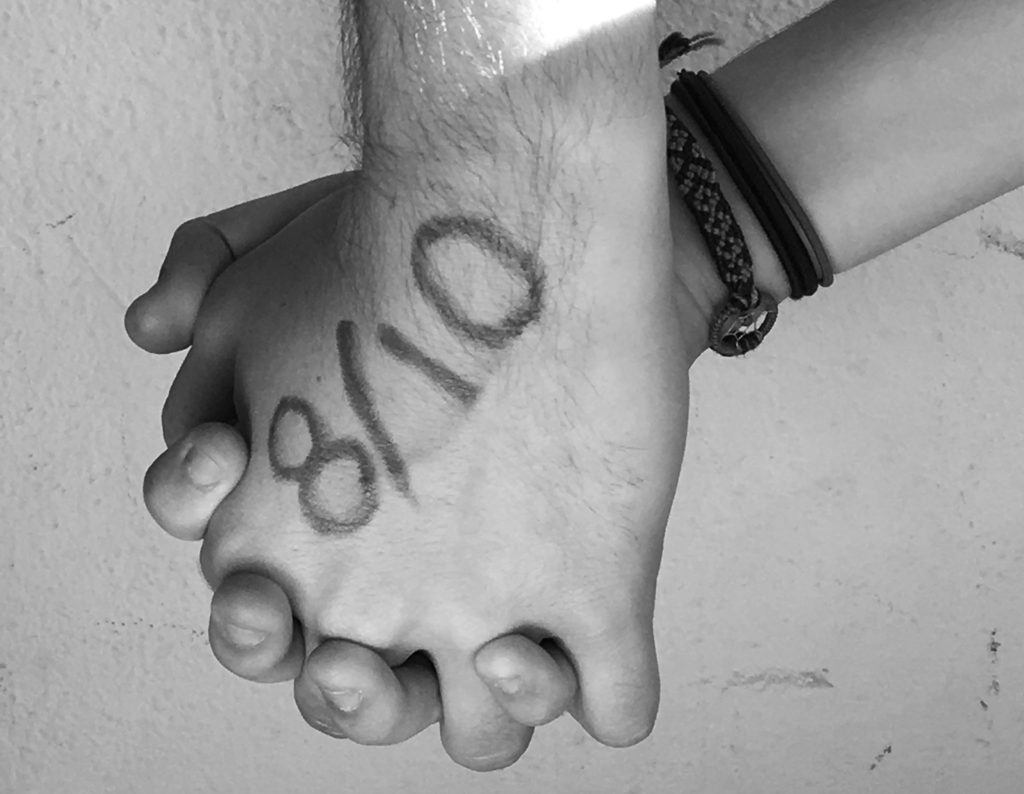In the wake of the #MeToo movement, Kavanaugh’s nomination, and an increase in mainstream exposure of sexual assault, many Seattle University organizations and individuals are deeply concerned about survivors, rape culture, and the politicization of assault on college campuses. In response, a number of these campus groups are springing into action to support survivors of trauma, to demand justice, and to hold each other in solidarity.
One such campus partner is the Gender Justice Center (GJC), founded in December of 2016 by Haleema Bharoocha when the #MeToo movement first gained national attention. Currently led by director Anab Nur, the organization lists non-binary sex education, social spaces, and resources as a few of their focuses.

8 out of 10 sexual assault survivors are assaulted by someone they know.
The group also focuses its attention on minoritized populations on campus.
“Our group is basically a combination of services for people who are being underserved by the university,” GJC Treasurer Rowan Levelle said.
Levelle emphasizes that GJC’s work largely centers around queer and trans folks—especially queer and trans folks of color—who still experience the highest rates of sexual violence after a long history of oppression and colonization.
In addition to open hours (which are soon to be released for fall quarter), GJC provides roughly two different types of events: community-building events and direct actions such as rallies.
“We emphasize being genuine and being vulnerable, with the trust that we are all a community when we are in the room, and we are all trying to help each other,” Levelle said. “We try to provide whatever it is that is being asked for.”
The Survivor Support Network (SSN) is another student-led organization on campus that strives to support survivors. It merged with GJC this year and is now an office under the larger organization. Ash Vera, while their new formal title is still being defined, describes their position as president and point-person for consultations on assault, domestic violence, and trauma cases.
They describe themselves and many of their group members as specifically trained in these areas.
SSN merged with GJC, Vera said, to create a warmer and more comfortable environment. It serves as a resource and a place to talk about trauma, but it doesn’t define people by their trauma.
“It’s really nice to be in a space held by other people who have shared your experiences or at least have some knowledge or training of it,” Vera said. “I also think that a lot of people don’t want their trauma to define them as people because a lot of society does that for them.”
This, Vera said, is also part of a larger move towards joining forces with other campus partners. They speak to how the #MeToo movement and Dr. Ford’s testimony seem to have shifted something in how people organize.
“I’ve noticed that there is this mass coming-together of peoples who understand how immediately concerning this is and how we need change as soon as possible,” Vera said. “That’s why now more than ever, we need spaces for people who experience trauma, we need solidarity, we need events, we need to know that ‘I believe you. I’m here for you.’”
Andrea Katahira, Title IX Coordinator for the Office of Institutional Equity, offered a view of the issue from an administrative standpoint.
“We want to care for students’ safety, wellbeing, and ability to continue education at Seattle U,” Katahira said. “We are not here to force a survivor down a specific path.”
Katahira, Vera, and Levelle all mention that miscommunication and fear of being forced to report are two significant factors that keep students from reaching out.
University Assistance is one service that Katahira emphasized as an invaluable but widely unknown resource. It can offer academic and work accommodations, modifications to housing, and no communication orders–all without any requirement to formally report.
GJC is also aware that many students aren’t familiar with all of the resources available to them. Vera explained that often people think of Title IX as a place to file a formal report, but not necessarily as a place that can offer academic accommodations and other support.
Seattle U has many different kinds of support systems for survivors that are both student-led and administrative. SSN, GJC, and the Office of Institutional Equity all invite feedback, and they base many of their upcoming programs and services off of that feedback. One of the big things to tackle, Vera said, is to find ways to channel succinct conversation through campus groups and the administration.
“Policies are important, but it also needs to be a cultural shift,” Katahira said.
In pursuit of their goals to join forces, SSN will be hosting three panels this quarter through “The Healing Trauma Collective.” The first will invite all organizations on campus to communicate their concerns and to promote an intersectional approach to the resources Seattle U provides. The goal is to make sure that no person is missing from the picture.
“Everyone and anyone can experience trauma,” Vera said. “That’s not something we should just forget because it’s easier to.”
Elizabeth may be reached at
eayers@su-spectator.com







